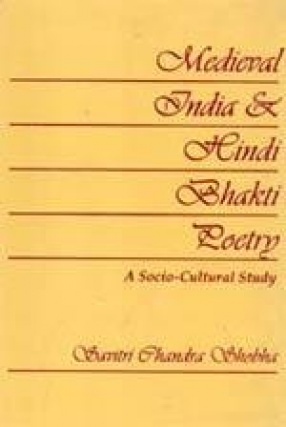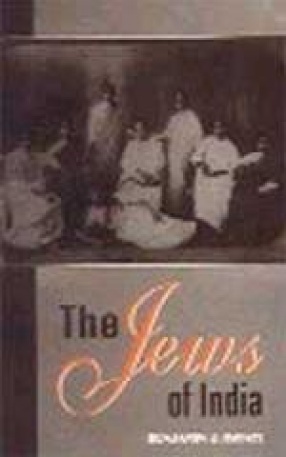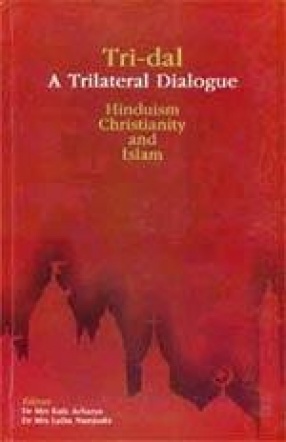In the present work, an attempt has been made to examine the social values and concepts put forward by the Medieval Hindi bhakti saints. The author has shown how a number of these saints, beginning with Mulla Daud during the second half of the 14th century, followed by Kabir, Nanak, etc. set themselves up as critics of the existing social order. They also gave expression to feelings of dissent and protest of the lower orders which these sections could not voice themselves, being illiterate and afraid of inviting the wrath of the ruling classes of the time. The saints also put forward the concept of a society in which votaries of different religions, notably of Hinduism and Islam, could live without rancour and in amity. Thus, the sufi and bhakti saints tried to emphasis in their writings those aspects of the Indian tradition or concepts which could be accepted without violating the Islamic or Hindu ideas and beliefs. The author has devoted special attention for analyzing the position and role of women in medieval society, especially tulsi’s ideas about excercising strict control over women since they were the nucleus of society and family. The differing concepts of the saints about an ideal society, social stability and the nature of the relationship with the state, have also been brought out.
Medieval India and Hindi Bhakti Poetry
In stock
Free & Quick Delivery Worldwide
Bibliographic information
Title
Medieval India and Hindi Bhakti Poetry
Author
Edition
1st. ed.
Publisher
ISBN
8124103674
Length
197p., Index; 23cm.
Subjects





There are no reviews yet.